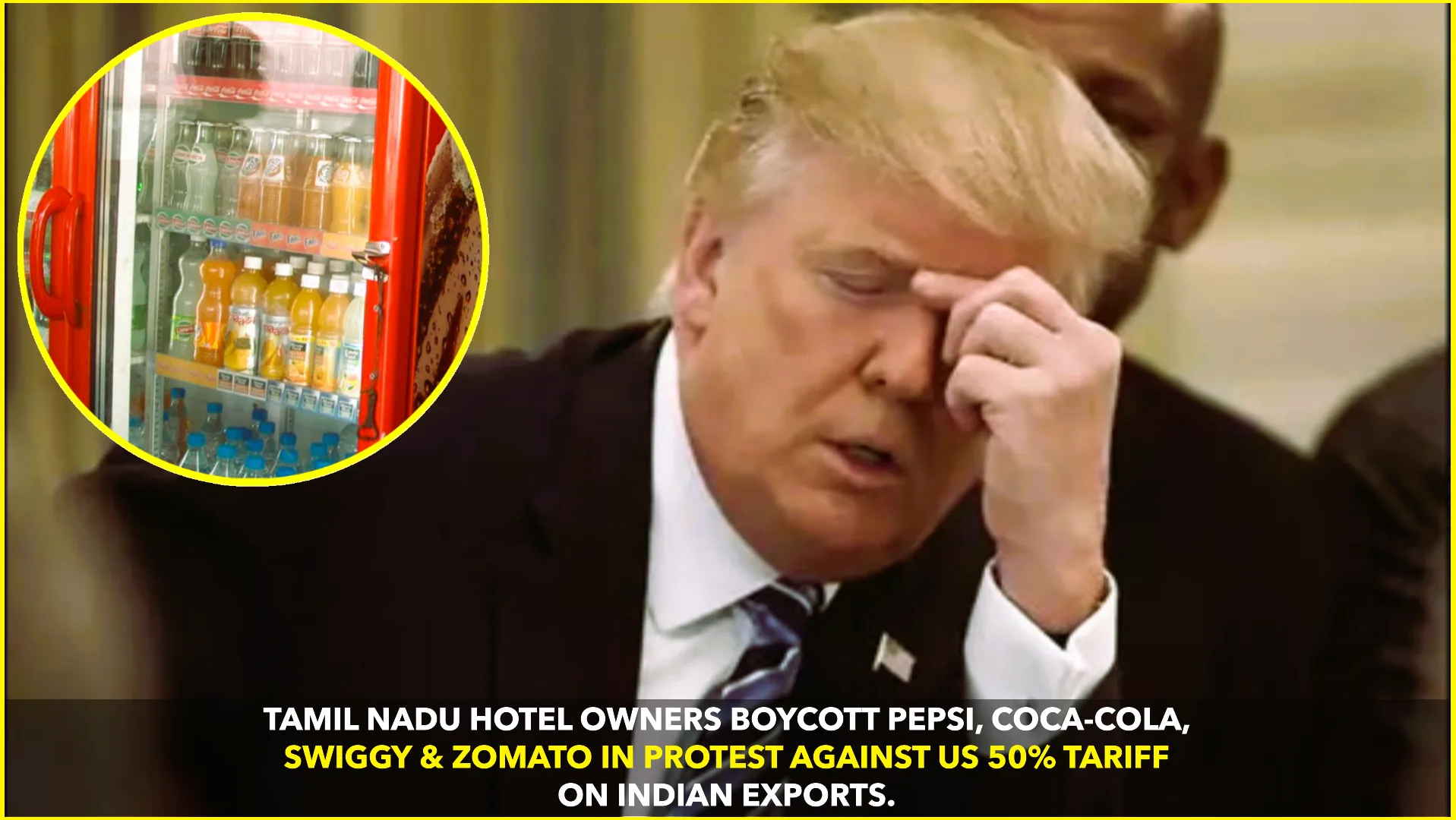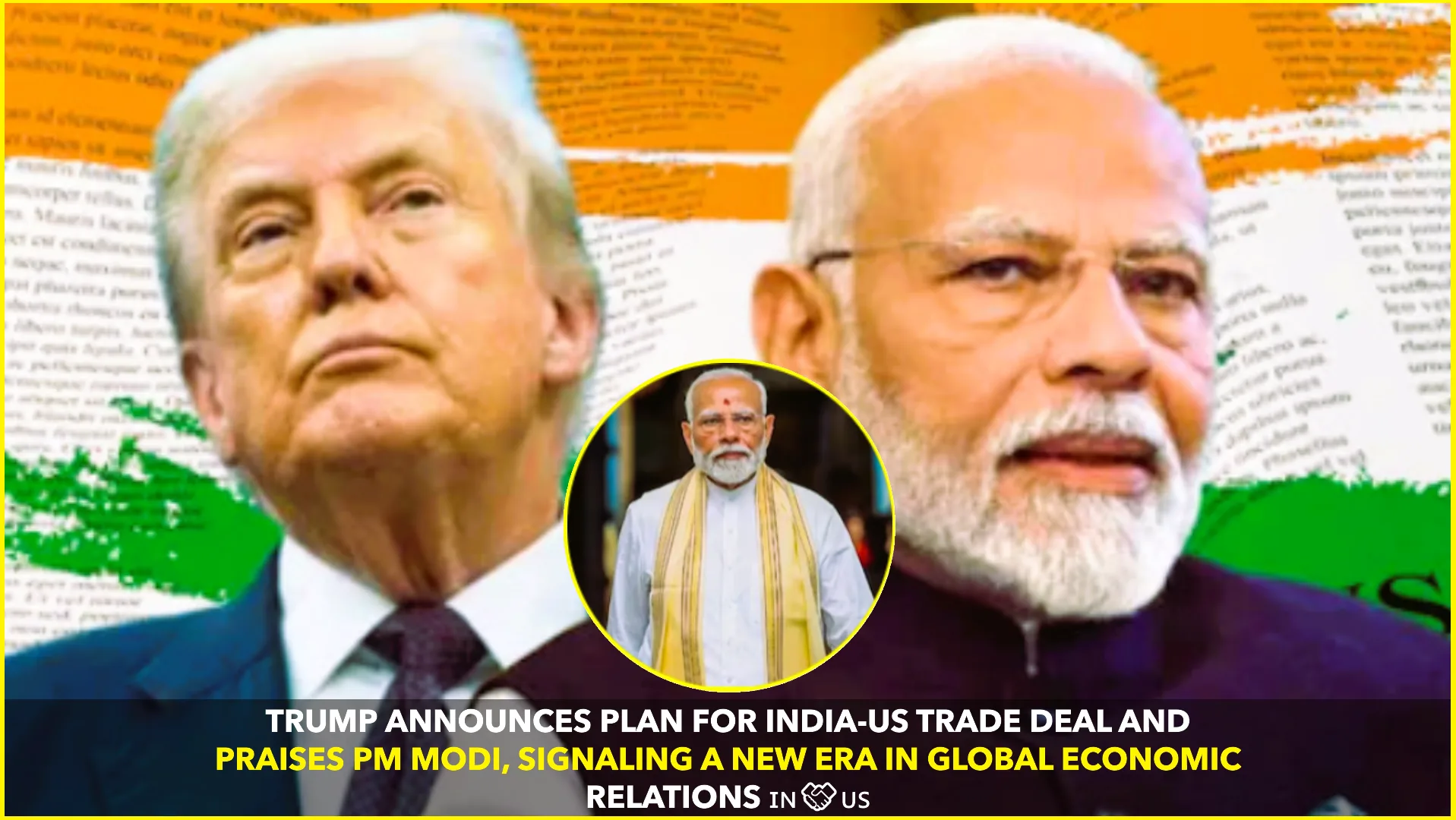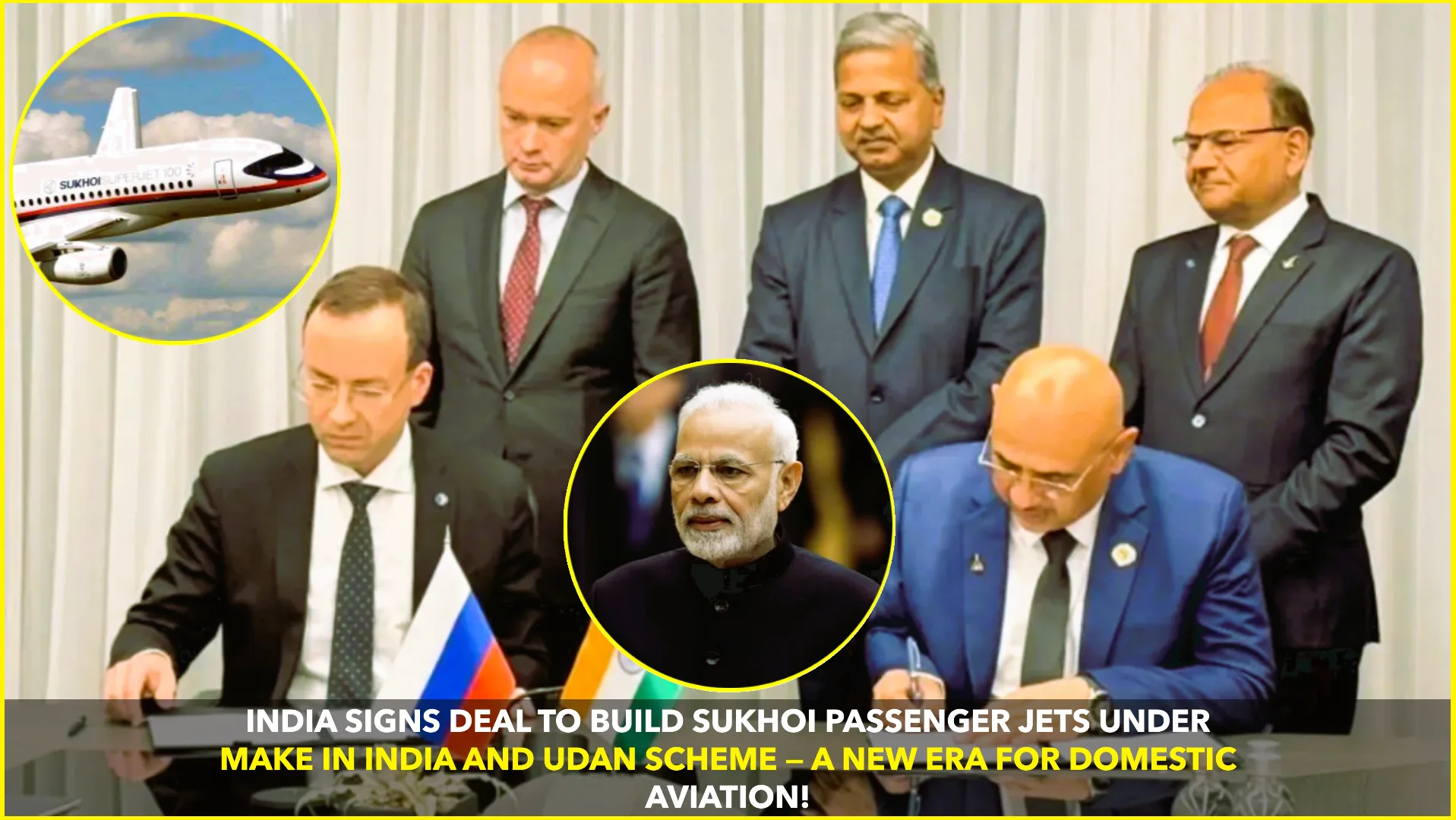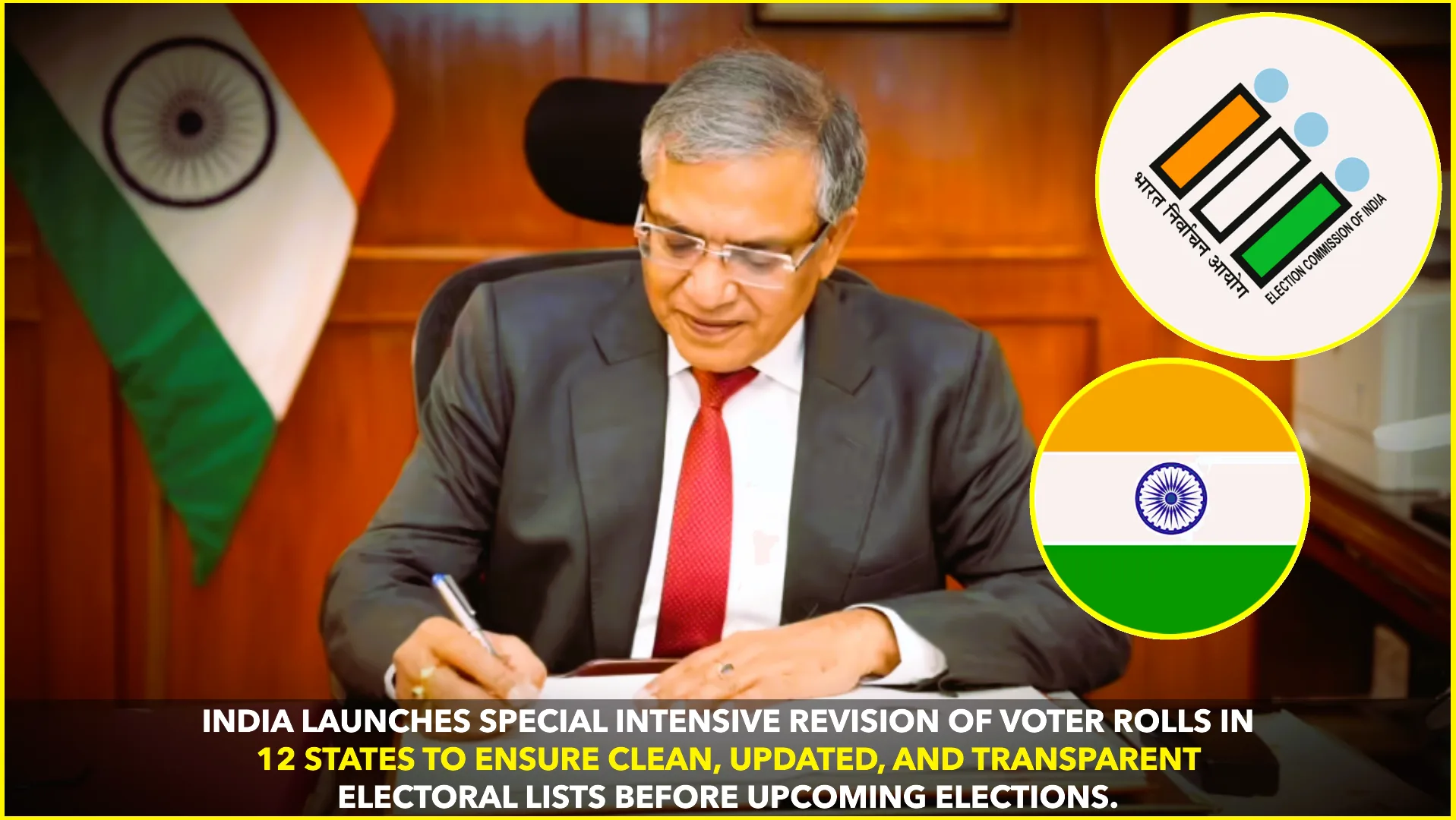Chennai – In a bold response to the Trump administration’s decision to impose 50% tariffs on Indian exports, the Tamil Nadu Hotels Owners Association has declared a statewide boycott of US-based beverages and services. From cold drinks like Pepsi and Coca-Cola, to mineral water from American companies, and even food delivery apps such as Swiggy and Zomato, the association is exiting these US brands in favor of home-grown alternatives Arab Newsdtnext.
Why the boycott?
The association, representing around 100,000 hotels and restaurants across Tamil Nadu, views the tariff hike as a major setback to India’s export sector. President Venkata Subbu has criticised American companies for extracting Indian resources – water, packaging, local infrastructure – while exporting profits abroad, arguing that this economic dependency must end. The boycott, he says, is a symbolic but powerful stand against supporting corporate models that benefit foreign companies at India’s expense Arab Newsdtnext.
What’s being targeted
- US beverage giants, including PepsiCo and Coca-Cola, are being phased out across hotel menus in Tamil Nadu.
- Mineral water brands produced by US parent companies will no longer be stocked.
- Food delivery services powered by Swiggy and Zomato are to be excluded.
- A new state-based platform, currently referenced as Saro or Zaaroz, is being promoted, with plans to transition existing partners from Swiggy/Zomato onto this domestic app beginning in pilot zones like Cuddalore and Namakkal Curly Talesdtnext.
Implementation timeline and scope
Subbu noted that the boycott “will roll out within the next two weeks” and could eventually be expanded nationwide, starting from Tamil Nadu as a model for collective Indian resistance to unilateral foreign trade pressure. The association emphasises the availability of many quality domestic alternatives, including beverages from brands backed by Tata, Reliance, and other Indian firms. Healthier and locally produced options, such as tender coconut, juices, and Indian cola labels, are being championed.
This lobbying effort is not new. In 2016–17, Tamil Nadu trade unions and consumer groups protested Coca-Cola and PepsiCo’s use of the Thamirabarani River, accusing them of depriving local farmers of water. The earlier boycott was brief but signalled a long-standing sensitivity to corporate water usage in the region WikipediaArab News.
Economic and political implications
Experts believe the campaign is as much political pressure as economic rebuke. With India’s GDP growth expected to dip by roughly 1 percentage point due to the US duty escalation, associations like this aim to protect domestic livelihoods and send a message to both foreign investors and policymakers.
The boycott also dovetails with broader economic nationalism and “vocal for local” sentiment in Tamil Nadu and beyond. Political analysts predict that if the initiative succeeds, similar associations in other states or sectors (retail, retail chains, tourism) could adopt comparable measures.
Challenges and outlook
While the campaign has resonance, it also faces challenges:
- Supply logistics: Many hotels currently rely on established Swiggy and Zomato infrastructure. Migrating to a new platform like Saro/Zaaroz will require onboarding, training, and trust-building.
- Consumer demand: Some guests may still demand familiar global brands, especially urban and international clientele.
- Scale: Even with 100,000 member outlets, the campaign’s success hinges on whether it becomes sustainable long term and can sway public preferences effectively.
Still, Subbu insists that Indian suppliers are capable and ready: “There are equally good, even healthier products available in India … leading brands like Tata and Reliance are also doing it. So, there is no problem. It won’t affect our industry in any way.” Arab Newsdtnext
The Bigger Picture
Tamil Nadu’s move is emblematic of a growing trend where trade policy backlash prompts grassroots activism. If joined by other state-level industry bodies, this could reshape India’s beverage and delivery ecosystem, giving local brands a broader marketplace and redefining consumer habits in hospitality.
Also, the association’s plan to expand to a national boycott—if realized—might mark a turning point in how private sector groups respond to global trade friction.










